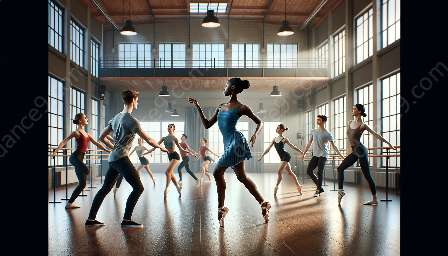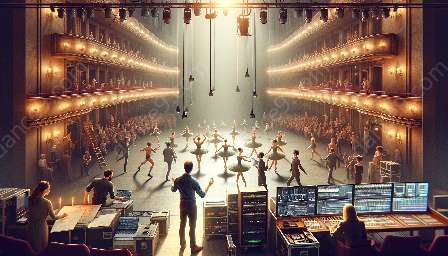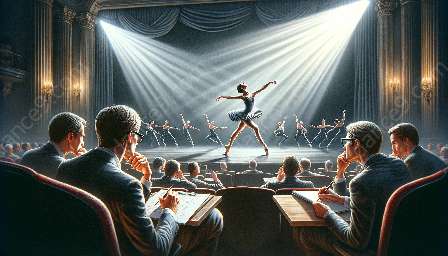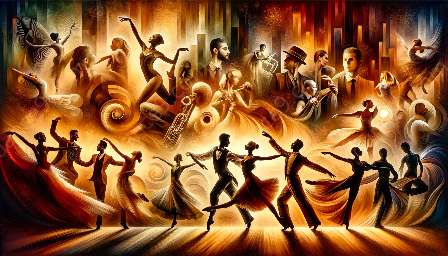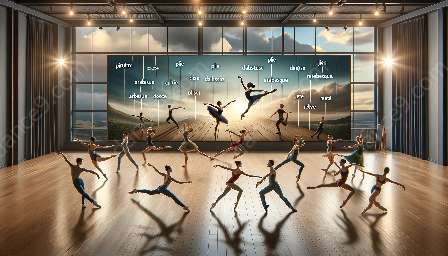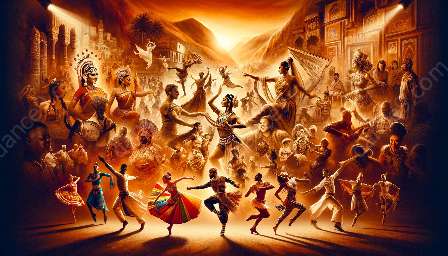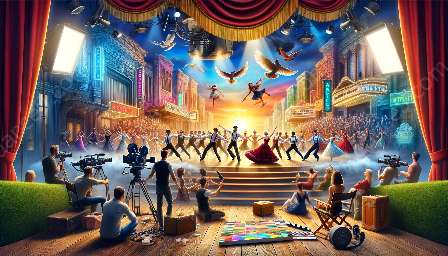Writing about dance requires a delicate balance.
As dance critics, we hold a significant responsibility in shaping the perception of dance performances and artists. Our reviews can impact the success and reputation of dancers and companies, making ethical considerations essential in our practice.
The Power of Words
Words have immense power, and in the realm of dance criticism, they can elevate or damage a dancer's career. It's crucial for critics to remember that behind every performance lies the hard work, dedication, and artistic expression of the dancers. Therefore, the ethical use of language and thoughtful critique is paramount.
Objectivity and Fairness
Remaining objective and fair is fundamental in ethical dance criticism. Critics should strive to evaluate performances based on their artistic merit, technical skill, and overall execution, rather than personal biases or external factors. By maintaining objectivity, critics uphold the integrity of their reviews and contribute to a fair assessment of the dance work.
Respecting the Art Form
Dance is a rich and diverse art form with cultural and historical significance. Critics must approach their analysis with respect for the traditions and innovations within dance. Understanding and acknowledging the context in which a dance piece is created is essential in providing insightful and respectful criticism.
Impact on the Dance Community
While our primary role as critics is to provide analysis and feedback, it's essential to recognize the broader impact of our words. Negative reviews can have detrimental effects on the morale and livelihood of performers and choreographers. Therefore, ethical dance criticism involves a profound awareness of the potential consequences of our evaluations.
Constructive Critique and Support
Alongside pointing out areas for improvement, ethical dance criticism should offer constructive feedback and support for the growth of the artists and the art form. Critics can contribute positively to the dance community by highlighting strengths, offering constructive suggestions, and fostering a culture of continuous improvement.
Transparency and Accountability
Transparency in our writing process and accountability for our words are crucial ethical considerations. Critics should be transparent about their methods of evaluation and be willing to engage in constructive dialogues with artists and readers. Additionally, acknowledging and rectifying any errors or oversights in our reviews is essential to maintaining ethical standards.
In Conclusion
Ethical considerations in dance criticism are vital for upholding the integrity of the art form and supporting the dance community. By approaching our role with respect, objectivity, and a commitment to constructive engagement, dance critics can contribute to the growth and appreciation of dance as a profound cultural expression.


